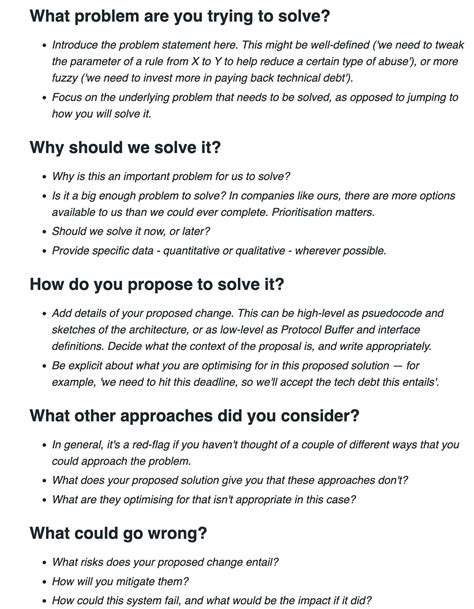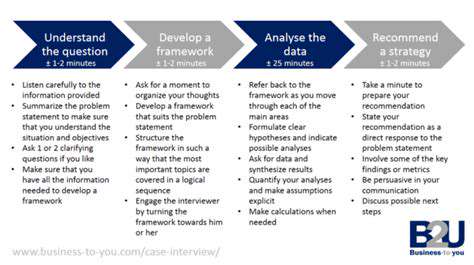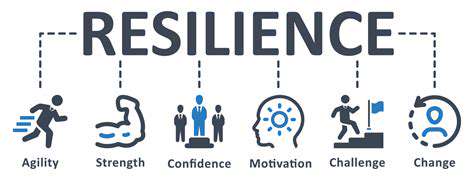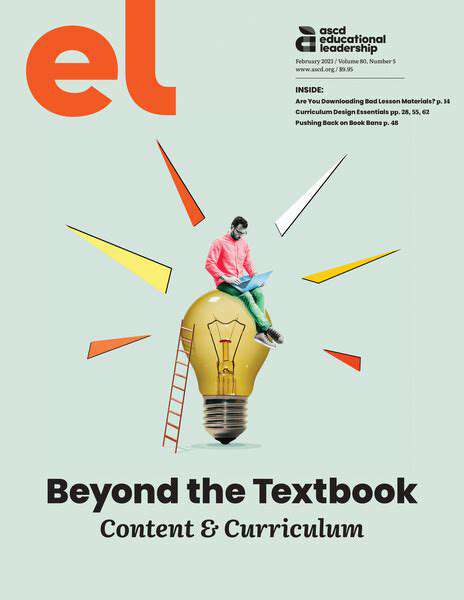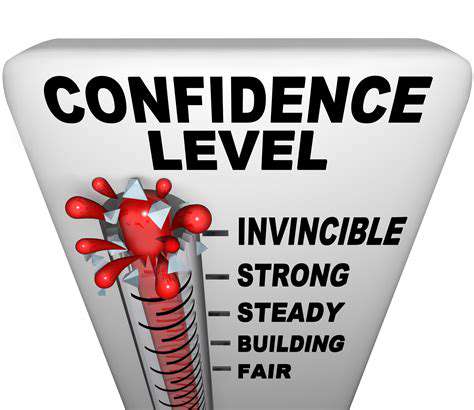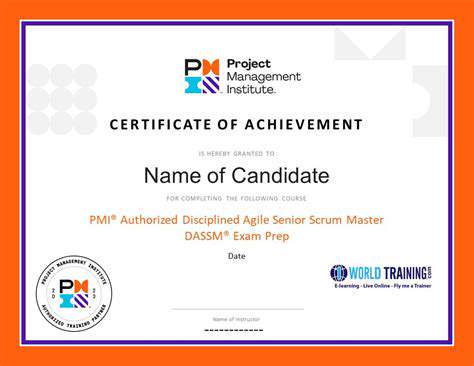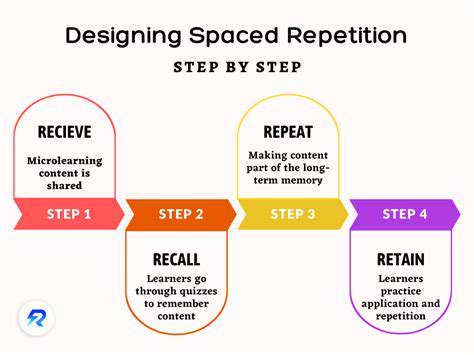How to Study Effectively for Exams
Understanding Your Learning Style
Creating an effective study schedule starts with recognizing how you learn best. Do you absorb information more easily when it's presented visually, like through diagrams or charts? Or do you find that listening to lectures and participating in discussions helps you retain information better? Knowing your preferred learning style is the foundation for tailoring study methods that work for you. This self-awareness is vital because not all study techniques are equally effective for everyone. By identifying your strengths and weaknesses in processing information, you can significantly improve both your study efficiency and long-term retention.
Prioritizing Tasks and Setting Realistic Goals
Successful time management begins with prioritizing your tasks. Focus on the subjects or assignments that are most important and allocate more time to them. Breaking larger tasks into smaller, more manageable steps can make the workload feel less overwhelming. This approach also gives you a sense of progress as you complete each step. Setting realistic goals is equally crucial. Strive for steady progress rather than perfection. Be honest about what you can realistically accomplish within a given timeframe, and adjust your schedule as needed to stay on track.
Time Blocking and Scheduling Specific Study Times
Time blocking is a highly effective strategy that involves setting aside dedicated time slots in your schedule for studying. Treat these blocks as non-negotiable appointments with yourself to ensure you stick to your plan. This structured method helps maintain focus and reduces the temptation to procrastinate. Assign specific times for different subjects or topics, and don’t forget to include breaks and relaxation periods. By incorporating these pauses, you create a balanced rhythm for learning and prevent burnout.
Utilizing Effective Study Techniques and Resources
To keep your mind engaged, vary your study techniques. Try active recall, where you test yourself on the material instead of just rereading it. Use tools like flashcards, practice quizzes, or even teaching the material to someone else. Don’t overlook the value of diverse study resources. Online materials, textbooks, and study groups can provide different perspectives and deepen your understanding. Exploring a variety of resources can enrich your learning experience and give you a more comprehensive grasp of the subject.
Review and Adjustment: Adapting Your Schedule for Optimal Results
Your study schedule should be flexible and evolve as needed. Regularly assess your progress, pinpoint areas where you’re struggling, and make adjustments. If a particular study method isn’t working, try a different approach. If a scheduled time slot isn’t productive, shift it to a better time. Continuously refining your schedule ensures you’re making the most of your study time and staying on track toward your academic goals. This ongoing process of evaluation and adaptation is essential for achieving lasting success in your studies.

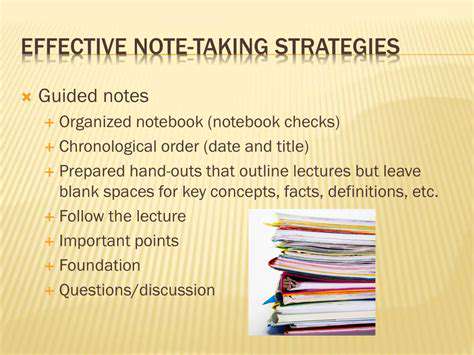
Exam Preparation Strategies: Practice, Practice, Practice
Understanding Your Learning Style
Identifying your preferred learning style is a critical first step in exam preparation. Are you someone who learns best through visual aids like diagrams and charts? Or do you thrive on auditory input, such as lectures and discussions? Perhaps you’re a kinesthetic learner who benefits from hands-on activities. Recognizing your learning style allows you to customize your study methods for maximum effectiveness. Once you know your style, you can create a study plan that aligns with it. For example, visual learners might use mind maps, while auditory learners could record their notes or join study groups.
Creating a Realistic Study Schedule
Effective exam preparation isn’t about last-minute cramming—it’s about consistent, planned effort. Develop a study schedule that fits your workload, other commitments, and energy levels. Breaking your study material into smaller, manageable sections makes the process less overwhelming and easier to tackle. Your schedule should be flexible enough to adapt as needed. Remember to include regular breaks; they’re essential for maintaining focus and preventing burnout. A well-structured schedule not only keeps you organized but also boosts your confidence as you progress.
Utilizing Effective Study Techniques
Techniques like spaced repetition, active recall, and the Feynman method can dramatically enhance your learning. Spaced repetition involves reviewing material at gradually increasing intervals to reinforce memory. Active recall, where you test yourself without looking at notes, strengthens your ability to retrieve information. The Feynman technique—explaining concepts in simple terms as if teaching someone else—helps uncover gaps in your understanding. Combining these methods with others that suit your learning style creates a powerful foundation for exam success.
Practice Questions and Mock Exams
Working through practice questions and taking mock exams are indispensable for effective preparation. These exercises help you identify weak areas and develop strategies for different question types. Practice questions allow you to apply your knowledge and build confidence, while mock exams simulate the real test environment. They help you manage time and familiarize yourself with the exam format. Reviewing your performance on these practice tests can guide further study and fine-tune your preparation.
Reviewing and Revisiting Key Concepts
Active review is far more effective than passive rereading. Revisiting key concepts strengthens your understanding and helps you connect ideas. Summarizing information in your own words and highlighting key terms can reinforce learning and improve recall. Regularly revisiting material ensures it stays fresh in your mind and prevents forgetting. This proactive approach is key to long-term retention and better exam performance.
Seeking Support and Collaboration
You don’t have to prepare for exams alone. Collaborating with peers, tutors, or study groups can enhance your learning. Discussing concepts with others can provide new insights and clarify confusing topics. Study groups offer opportunities to quiz each other, share knowledge, and provide mutual support. This collaborative approach not only deepens your understanding but also makes the preparation process more engaging and less stressful.
Read more about How to Study Effectively for Exams
Hot Recommendations
- How to Stay Productive While Working Remotely
- Tips for Managing Conflict with Coworkers
- Entrance & Certification Exams (升学考试)
- How to Improve Your Storytelling Skills (Speaking)
- How to Find Profitable Side Hustles
- Tips for Preparing for the TOEFL iBT Home Edition
- Guide to Switching Careers from [Industry A] to [Industry B]
- How to Run an Effective Hybrid Meeting
- Tips for Marketing Your Side Hustle on Instagram

